Chinese scientists have set a world record with a closed ecosystem for raising fish in space, surprising many people.
Chinese scientists have recently made a significant breakthrough in the field of astrobiology by successfully maintaining a closed underwater ecosystem on the country’s space station, according to media reports. The experiment, part of the Shenzhou 18 mission, which ended on November 4, set a new record for ecological experiments in space.
The closed ecosystem containing four zebrafish proved to be a remarkable success, with the fish completing their entire life cycle – from growth, development to reproduction – in just 43 days. This is a major milestone in understanding how aquatic organisms can thrive in the harsh environment of space.
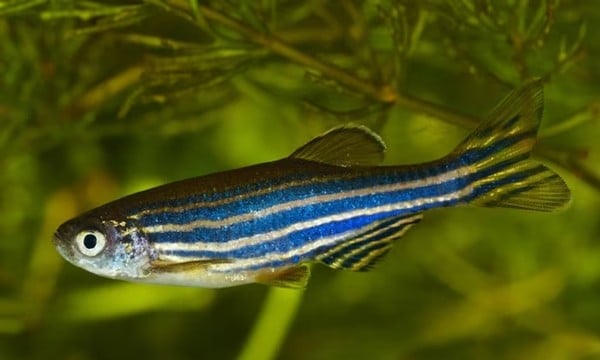 |
Zebrafish were selected to be raised in space environments. |
The success of this experiment has significant implications for space exploration. Zebrafish, known for their rapid growth and genetic similarities to humans, were chosen for this experiment due to their suitability for space-based research. Successfully completing their life cycle in space provides valuable insights into the potential for sustaining life on long-term space missions and future space colonies.
This success opens up new possibilities for space exploration and potential human settlement beyond Earth. It demonstrates the ability to create self-sustaining ecosystems in space, which is important for long-term missions to Mars or other distant destinations in the future.
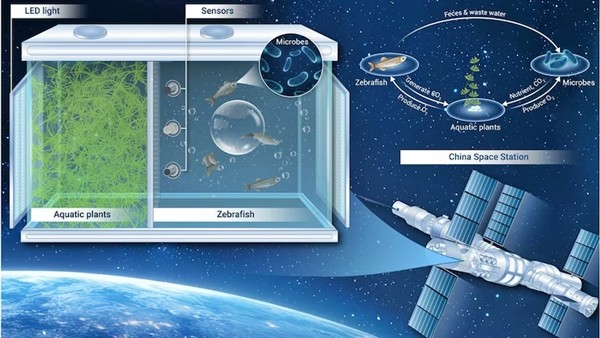 |
The success of this closed ecosystem has far-reaching implications for space exploration. |
Chinese researchers are hailing it as a major step forward in the field of astrobiology. The ability to maintain a stable underwater ecosystem in zero gravity opens up new avenues for research into the effects of space on living organisms and the development of technology for space-based life support systems.
The achievement also underscores China’s growing capabilities in space science and its commitment to advancing knowledge of space ecology. As space agencies around the world focus on long-term space settlements, experiments like this provide important data for designing sustainable life-support systems for future space stations and planetary bases.
Source: https://khoahocdoisong.vn/choang-vang-phi-hanh-gia-trung-quoc-nuoi-thanh-cong-ca-trong-khong-gian-post254645.html





![[Photo] Magical moment of double five-colored clouds on Ba Den mountain on the day of the Buddha's relic procession](https://vphoto.vietnam.vn/thumb/1200x675/vietnam/resource/IMAGE/2025/5/9/7a710556965c413397f9e38ac9708d2f)
![[Photo] Prime Minister Pham Minh Chinh chairs a special Government meeting on the arrangement of administrative units at all levels.](https://vphoto.vietnam.vn/thumb/1200x675/vietnam/resource/IMAGE/2025/5/9/6a22e6a997424870abfb39817bb9bb6c)

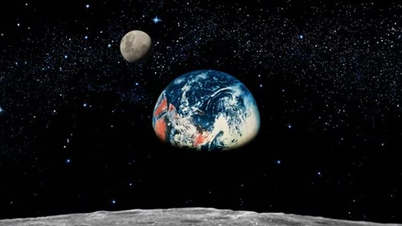











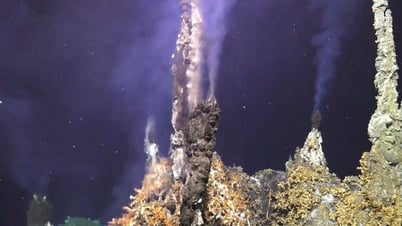




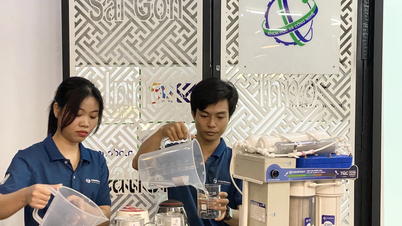














































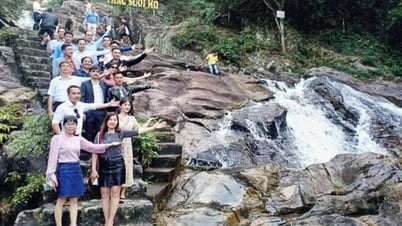















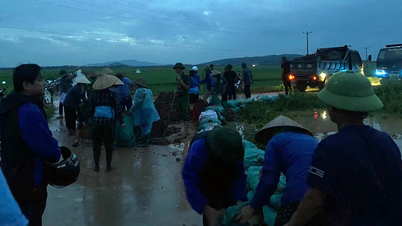












Comment (0)